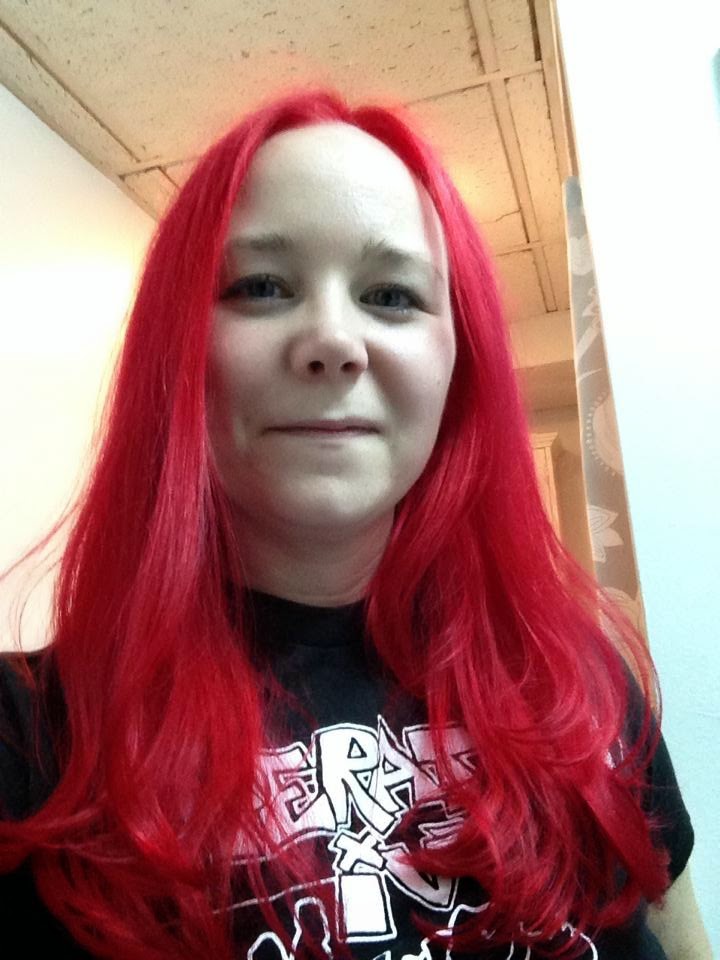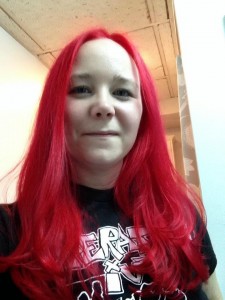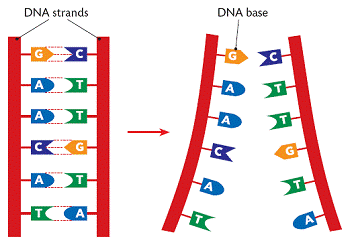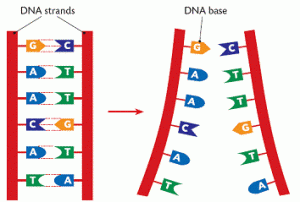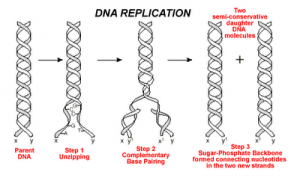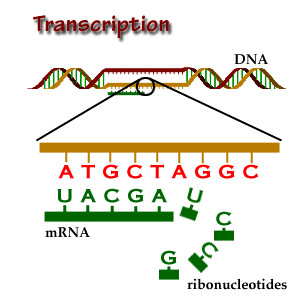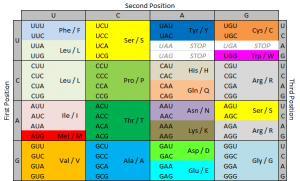Someone asked me recently if I would do an Ask Me Anything, Reddit-style. The answer is no, because there are things I don’t want to put out on the internet at large. I am a pretty open person, but there are things about my health and life that I don’t feel comfortable sharing.
I do recognize that a lot of people who read my blog/see my posts on Facebook probably don’t know very much about me as a person, so I figured I’d do a post about me. I’ll answer some questions I’ve gotten at the bottom.
I was born and raised in Boston. For college and grad school, I went to UMass Lowell, where I got a really excellent biology education. I strongly urge anyone looking for a serious science school with affordable tuition to look at UMass Lowell. My undergraduate degree is in Biological Sciences, my graduate degree is in Biology (concentration in Microbiology.) I planned to go to med school, and took my MCAT, but was too sick and too unstable. It is still my dream to go, but I realize that’s unrealistic.
My parents are both from Cambridge. My mother, Gail, works as in Operations for a non-profit. Her background is in childcare, and we had a daycare in our house when I was growing up. My father, Mike, worked in the automotive industry until he had a heart attack in 2008. He is now disabled and does not work. My sister, Kristin, is five years younger than me and has degrees in Mathematics and Economics from Boston University. She works for a large financial corporation in Boston.
I am very close to my parents and sister. I live three houses down from them and spend a lot of time at their house. I have a large extended family including several nieces who always cheer me up.
I have a dog named Harry who is eight years old. He is extremely handsome but not very bright. He enjoys walks and cookies.
I also have a rabbit named Sadie B, who is going to be nine in the fall. She has a terrible attitude and is currently chewing a hole in my wall as I type this. We are not friends right now. She likes lettuce and electrical wires.
I put myself through college by working in a pharmacy. At the time I worked there, having a federal license enabled technicians to compound, so I did a lot of that. I worked in pharmacy for almost ten years. It was often frustrating, but I learned a lot about health care, insurance and medication in that job.
After grad school, I worked in Research and Development for a small biotech company that developed diagnostics for blood stream infections. I helped to develop tests for bloodstream and urine infections that are now FDA validated or EU CE marked.
I now work in the biomedical research division of Novartis, a very large pharmaceutical company. Novartis makes some drugs that are used to treat mast cell disease, as well as a drug in clinical trials for mast cell disease. I do a lot of operations work now due to my often needing to work from home. I learned how to do some coding last year and have done a lot of that. I like coding and it’s easy to do from home, so it’s a good fit.
How long have you had mast cell disease?
I was diagnosed with mast cell disease in 2012. I had been actively seeking diagnosis since 2008, and had been sick for a few years before that. It has gotten progressively worse and more disabling for me. I am fortunate that some of the top mast cell doctors practice in Boston so I am able to get excellent care.
How are you able to work if you are so sick?
I live alone and still work full time, which a lot of people ask about. I have a lot of help. I can still drive, but only if I don’t take pain medication, so I generally prefer to have someone else drive me. My father usually drives me to work, which is about twenty minutes away. I either take the train home, someone gives me a ride, or I take a taxi, depending on how I feel.
How are you able to live alone if you are so sick?
My friends and family help out with household chores, like food shopping and cleaning, as I often don’t have the energy to do these things. I am also able to give myself IV meds/epi at home without going to the hospital if I have anaphylaxis. My doctors are comfortable with this because of my lab background, which means I am trained in keeping things sterile while accessing my PICC line. Mostly I am able to live alone because if I call someone and need help right away, they are going to come. If I can’t get in touch with whoever I called, I’m likely to get in touch with someone who will help.
Why do you have a PICC line?
My IV access is terrible. Over the years, frequent blood draws and IVs have caused hardening of a lot of my veins. There has also been “mast cell deposition” at the site of access, which feels like sand when you rub your finger over it. This means that it is easy to get a needle into my veins, but you often can’t get blood return or fluid in. The PICC also enables me to give myself IV therapies at home.
Was it hard to learn to access your PICC line?
No. I watched once and did it. I have many years of lab training to back me up, so I am very comfortable with sterile technique and syringes. I also have a good understanding of the medications and the procedure and how to troubleshoot it if necessary. I realize it is not always so easy for everyone.
Can you do a video about your PICC line? My daughter is getting one.
Sure.
If your family is Irish, why is your last name Klimas?
This is my grandmother’s married name from a previous relationship, which became my father’s last name, and so on down the line. The name Klimas is Lithuanian. We are not Lithuanian.
Do you get Novartis drugs for free?
I have very good insurance and yes, I get Novartis drugs for free. Yes, I realize how lucky this makes me as a mast cell patient.
Does anyone else in your family have mast cell disease?
My sister has had anaphylactic reactions to specific medications. She has been tested for mast cell disease and is negative. She does not have ongoing mast cell type symptoms. My father has a hematologic disorder and autoimmune disease, but has been negative for mast cell testing, including bone marrow biopsy.
Do you do research on mast cell disease?
No, but I know people who do, and they are often able to answer questions I can’t find the answer to.
Are you Christian? Do you mind that I pray for you?
No, and no.
Has any of your research been published?
Yes.
You talk like a teacher, were you one?
Yes. I taught microbiology at UMass Lowell while in grad school. (This is how I paid for it.) I also taught ASL classes out of my home for several years. I like to teach. Explaining things helps me understand them better.
What do you miss the most from your life before getting sick?
I miss not having to plan every aspect of my day in advance. It’s exhausting. Also being able to try new foods without risking anaphylaxis.
What food do you miss the most?
Seafood. I was actually saying yesterday that I’m going to pick a day this summer, premed the day before, give myself some IV Benadryl and have some. I will probably need epi, which I have accepted. I grew up eating seafood all the time and I miss it so much.
Do you speak Spanish?
Yes. I have been speaking Spanish for almost twenty years, mostly with native speakers. I generally speak with a Puerto Rican accent and slang, but am familiar with other dialects. Castillian Spanish is the hardest for me. Last time I took a proficiency test was in college and I was rated “near-native fluency.” In college, I took literature, history and politics classes taught in Spanish. When I lost my hearing, it became harder for me to understand spoken Spanish. It has improved, but it’s still not always easy for me. I read books in Spanish a lot.
Are you married?
No, and I’m not in a relationship either. I also have no children.
What’s the best advice you’ve ever gotten?
I think this was masto related, but the best life advice I’ve ever gotten is to not do your favorite hobby as your job.
I love languages and have been taking classes in various languages for pretty much my entire life. I was originally a Modern Language major in college and switched to Biological Sciences after getting this advice. I took three years of Italian and three years of German in college. I took French in high school, four years of Russian over the course of my life, three years of ASL as a kid, a semester of Mandarin, a semester of Ancient Greek. I spent a few years learning Arabic with the help of a native speaker. I’m taking Hindi now. My Irish is quite terrible, but I can exchange pleasantries. Same for Danish.
What is your biggest dream?
To travel around the world.
Are you a microbiologist or molecular biologist?
Both. There’s a lot of interplay between the two. The diagnostics I helped develop were molecular tests, but my training is in microbiology.
What is your favorite movie?
Nightmare Before Christmas. The Crow. I have a lot.
What is your favorite TV show?
I love a lot of TV shows. All time favorite? Probably Battlestar Galactica.
What are your hobbies?
I like playing games (card games, etc.) I read a lot. I also watch a lot of tv and Netflix now. I enjoy hiking and rock climbing, but can’t do them anymore. I walk a lot. And I write. Obviously.
If you could change one thing about your life, what would you change?
I don’t really know how to answer this. If I could regulate my sleep, that would be great.
Can you exercise?
This year has been kind of a disaster health wise, making exercise really hard. Yes, I can, but it’s very difficult for me. I walk a lot, at least 2-3 miles a day. I am starting to do yoga again after a long hiatus for various reasons.
Have you gained a lot of weight from your medication?
Yes, in particular from long term high dose steroids. I weighed 145 lbs when I started and now weigh 170 lbs after weaning down to 5mg prednisone. It always takes me years to get back to my normal weight and I really hate steroids. None of my other meds have caused weight gain.
I heard that long term high dose steroids are bad for you, and that doctors who prescribe them don’t know what they’re doing. Why were you on them?
This is an example of things I’d rather not project onto the internet, but I get asked this really frequently so I’ll give you a pseudoanswer. Long term high dose steroids are only worthwhile if the benefits outweigh the risk. I was sick enough that my doctors and I felt it was worth it. I do not regret doing it, even though weaning has been a nightmare, because I think I would have spent a lot of those months in the hospital otherwise. Mast cell disease is not the only chronic disease I have, and the steroids were necessary to control all of the things happening in my body.
I feel bad asking you questions all the time, do you mind when people ask you questions?
Not even a little.
What things really bother you?
Rudeness and unfairness. I am a very fair person, and it bothers me a lot when I give people the benefit of the doubt and they treat me poorly in return.
It seems like you still have a lot of friends, how did you manage this?
My friends are amazing people. I have lost a lot of friends, including some close ones, but I am lucky to still have a lot of very close friends. A lot of them have been on this journey with me since the beginning.
Is your colostomy permanent?
Yes. I decided I did not want to try to reverse it and risk needing another surgery to reverse the reversal. It improves my life.
Are colostomies common with mast cell disease?
I wouldn’t say they’re common, but I’m certainly not the only person I know who has mast cell disease and an ostomy. Everyone’s disease process is different, so the need is very individual.
Was it hard to adjust to having a colostomy?
Not really, for me. I was so relieved to be able to go to the bathroom that it made the transition easier. It depends I think on whether or not you feel it improves your life. Sometimes before I shower, I catch myself in the mirror and see my stoma and it makes me feel kind of weird. I am also not easily embarrassed and never have been, so the idea that my colostomy will fart in a meeting is not disturbing to me. It’s just funny. And yes, it has happened.
How do you know so much about mast cell disease?
A lot of this is having connections to researchers and also having really good journal access. When I got sick, I spent months learning this stuff. I took immunology in grad school and always pretty current with recent happenings in that field. I literally read about mast cell disease every single day. So I guess I know this stuff by brute force.
You seem very happy, do you take antidepressants?
I take doxepin for its antihistamine properties, but it is an antidepressant, so yes. I have taken Effexor in the past, but not for years. I get upset and mad and sad about life. I just don’t do it all the time. Having appropriate dosing of mast cell meds helps a lot. I don’t really have an explanation for how I can be happy other than I like my life and think I’m lucky to have it.
Can you travel?
We’re about to find out. After a two year moratorium on air travel, I am flying to Seattle next month with my best friend to visit one of our dear friends. To achieve this, I have to ship twenty pounds of medical supplies ahead of me. Literally. I also would not be able to do this if I did not have IV meds and IV access.
What’s one piece of advice you would give to someone with mast cell disease?
Don’t worry about it. It’s going to be fine, and if it’s not, worrying about it’s not going to change it. I know this is easier said than done, and I certainly worry sometimes, too. But I honestly don’t most of the time, and maybe that’s why I’m happy.
Have more questions? Ask them in the comments.
